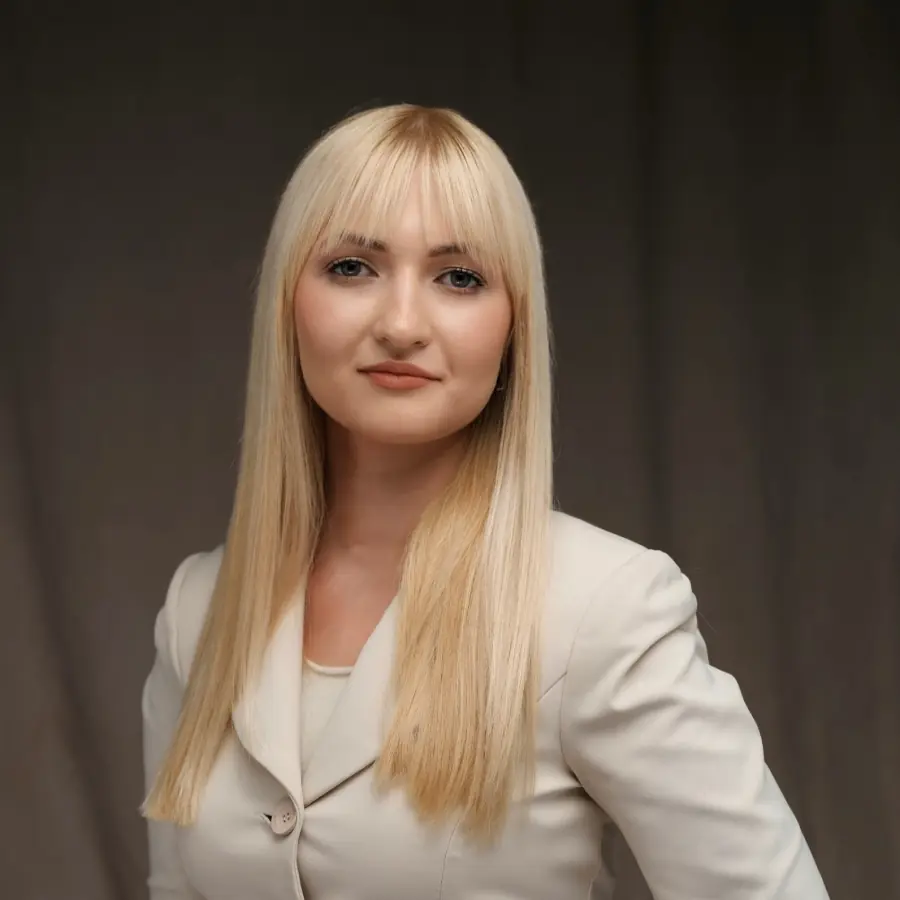Litigation and
Enforcement
Defend Your Intellectual Property Rights
Our team brings together attorneys-at-law, patent attorneys, technical specialists and IP consultants with many years of expertise solely in the IP. This allows us to offer unique comprehensive solutions and the best strategies to effectively defend our clients' IP rights.
Pre-trial dispute resolution is an effective tool for protecting violated intellectual property rights, which allows you to optimize the cost of financial and time resources. We will negotiate with the infringer and use all opportunities to resolve the conflict peacefully, including:
- Analysis of the fact of violation of rights, identifying opportunities and risks of pre-trial dispute resolution, collection of evidence;
- Drafting and sending a claim to the infringer;
- Support and negotiation with the infringer until the conflict is fully resolved.
Effective anti-counterfeiting requires a comprehensive approach and strategy in each individual case. We provide a full range of anti-counterfeiting services, including
- Monitoring violations of intellectual property rights;
- Preparing the evidence base;
- Claims work, negotiating with infringers;
- Protection of rights at Customs;
- Representation in the Antimonopoly Committee of Ukraine;
- Fixing the facts of infringement of rights with subsequent reference to the court or Internal Affairs bodies, etc.
The inclusion of intellectual property objects in the State Customs Register is an additional "lifeline", which ensures the protection of your rights and interests in case of counterfeits export or import by infringers. We provide a full range of Customs IP protection services:
- Drafting documents for the inclusion of IP objects in the State Customs Register;
- Full support of the IP objects registration in the State Customs Register process;
- Representation of clients' in Customs Authorities;
- Negotiating with infringers;
- Pre-trial and judicial protection of clients' rights in case of counterfeit discovery at Customs.
Unfair competition is unauthorized use of a trade name, trademark, package design, distribution of misleading information, etc. We represent clients in unfair competition disputes: from consulting and market analysis on presence/absence of unfair competition for a given product/service to development and implementation of strategies to stop unfair competition.
We represent clients in trademark, copyright and related rights disputes, patent disputes, domain disputes, unfair competition disputes, and the like. In each case, we develop an individual strategy that depends on the type of IP, the goals you want to achieve and the circumstances of the violation. If you are accused of infringement of intellectual property rights - we will give an objective assessment of the violation, prepare a legal defense strategy and help to defend your interests.
Practice Team
How can we help you?
FAQ
In Ukraine, intellectual property rights can be enforced through civil, administrative, and criminal legal mechanisms, depending on the nature and severity of the infringement.
Additionally, rights holders may rely on customs enforcement by recording their IP rights in the Customs Register of IP Objects, allowing customs officials to detect and block counterfeit goods at the border.
Apart from formal legal proceedings, alternative dispute resolution (ADR) methods are also commonly used. These include negotiations, cease-and-desist letters, warning notices, and other pre-trial measures aimed at resolving disputes efficiently and avoiding litigation.
Each enforcement route offers different remedies such as injunctions, damages, seizure or destruction of infringing goods, and fines.
The Customs Register of IP Objects in Ukraine enables rights holders to record their intellectual property for customs monitoring. Once recorded, customs authorities are empowered to detect and detain counterfeit or infringing goods at the border during import or export operations.
This is an effective preventive tool to block the circulation of infringing goods before they reach the market.
Yes. In Ukraine, cancellation of a trademark due to non-use is decided exclusively by the courts. A registered trademark may be cancelled, in whole or in part, if it has not been used continuously for five consecutive years after registration. The relevant five-year non-use period must precede the date on which the court action is filed.
Any interested party may initiate such action in court. The trademark owner must provide evidence of genuine use of the mark in connection with the goods or services for which it is registered.
A precedent-setting case handled by IPSTYLE was heard by the Grand Chamber of the Supreme Court and resulted in a landmark decision. In its ruling of March 5, 2025 (case No. 910/8781/23), the Court confirmed that a change in trademark ownership does not reset the five-year non-use period. This resolved a previously unsettled issue in Ukrainian judicial practice and reinforced that continuous use is required regardless of any transfer of ownership.
Yes. The Antimonopoly Committee of Ukraine (AMCU) may examine cases where the use or misuse of intellectual property involves elements of unfair competition.
Examples of such actions include, but are not limited to:
- Unauthorised use of a business name, trademark, packaging, advertising materials, or other identifiers that could cause confusion with another business
- Misuse of another producer’s goods or reputation
- Copying the external appearance of a product
- Misleading comparative advertising
- Dissemination of false or misleading information that affects consumer perception
These practices may lead to administrative liability and financial sanctions imposed by the AMCU.
Yes. A cease-and-desist letter (also referred to as a pre-trial claim or warning letter) is a common and effective tool for resolving IP disputes out of court. It can help stop infringement early and often leads to voluntary compliance or negotiations without the need for litigation.
This approach is both time- and cost-effective, making it a preferred first step before initiating formal proceedings.
Yes. It is possible to file petitions to the Appeals Chamber of the Ukrainian IP Office for the total or partial invalidation of IP rights (“post-grant oppositions”) with respect to inventions, utility models, or designs held by third parties.
Trademark rights, however, can only be challenged through judicial proceedings. No administrative procedure for post-grant trademark invalidation is currently available in Ukraine.
Most IP-related claims in Ukraine are subject to a general three-year limitation period, which starts from the date the rights holder became or should have become aware of the infringement and the infringer.
Specific deadlines may vary depending on the type of action and legal grounds.
Yes. In Ukraine, an attorney-at-law is authorized to conduct control purchases, review websites, and fix evidence in a manner that ensures its admissibility in court.
The results of such actions are formalized in special protocols, which may serve as valid evidence in IP enforcement proceedings.
Yes. IPSTYLE offers comprehensive monitoring services across various platforms, including:
- IP databases
- Domain names
- Online marketplaces and websites
- Social media platforms, etc.
Ongoing monitoring helps detect potential infringements at an early stage and enables prompt and effective enforcement actions.
No. Although the creation of a specialized High IP Court was planned under Ukrainian legislation, it has not been established to date.
Currently, IP disputes are heard by courts of general jurisdiction or commercial (economic) courts, depending on the nature of the dispute and the parties involved. IPSTYLE has extensive experience representing clients before both types of courts.


